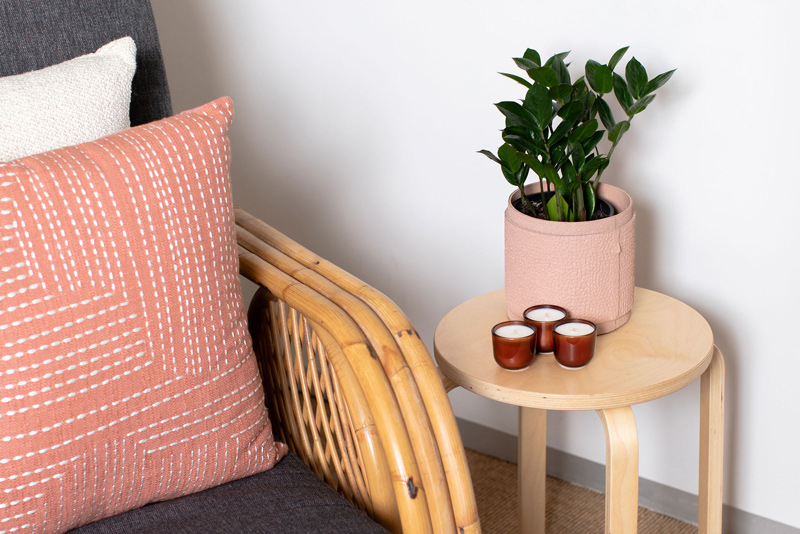Substance use disorders involve cognitive, behavioural and physiological symptoms caused by the misuse of substances such as alcohol, cannabis, opioids, hallucinogens, stimulants and sedatives. Many people like to drink alcohol or take recreational drugs, but this becomes a problem when it starts to interfere with everyday functioning.
Substance use disorders are often characterised by cravings for the substance as well as tolerance and withdrawal symptoms. Excessive use of substances can get in the way of work, school and home life, and can impact negatively on personal relationships. Seeking help from a psychologist can help to get you back on track.

What are the symptoms of a substance use disorder?
- The substance is often taken in larger amounts than was intended, for example, frequently having more drinks than you planned.
- a persistent desire to cut down, or unsuccessful efforts to cut down substance use.
- Spending a great deal of time in activities necessary to obtain and using the substance, or recovering from its effects.
- Cravings or strong urges to use the substance.
- The substance use gets in the way of fulfilling major role obligations at work, school, or home.
- Important social, occupational, or recreational activities are given up or reduced because of alcohol use.
- Recurrent substance use in physically hazardous situations.
- Needing more and more of the substance to achieve the desired effect (tolerance)
- Withdrawal symptoms when the substance is not taken
Treatment for substance use disorders
The good news is that substance use disorders can be treated successfully. One effective treatment approach is Cognitive Behaviour Therapy (CBT). CBT focuses on how our thoughts, assumptions and beliefs (cognitions), and our behaviours effect mood and mental well-being. It aims to help identify and challenge unhelpful thoughts and behaviours related to substance use. It also aims to help you to learn to think and behave in more helpful ways. CBT is a short term therapy and usually goes for around 10-20 sessions, depending on the individual’s needs. You may also benefit from involving your GP in your treatment.
If you would like more information, or to book an appointment with one of our psychologists, contact us.

